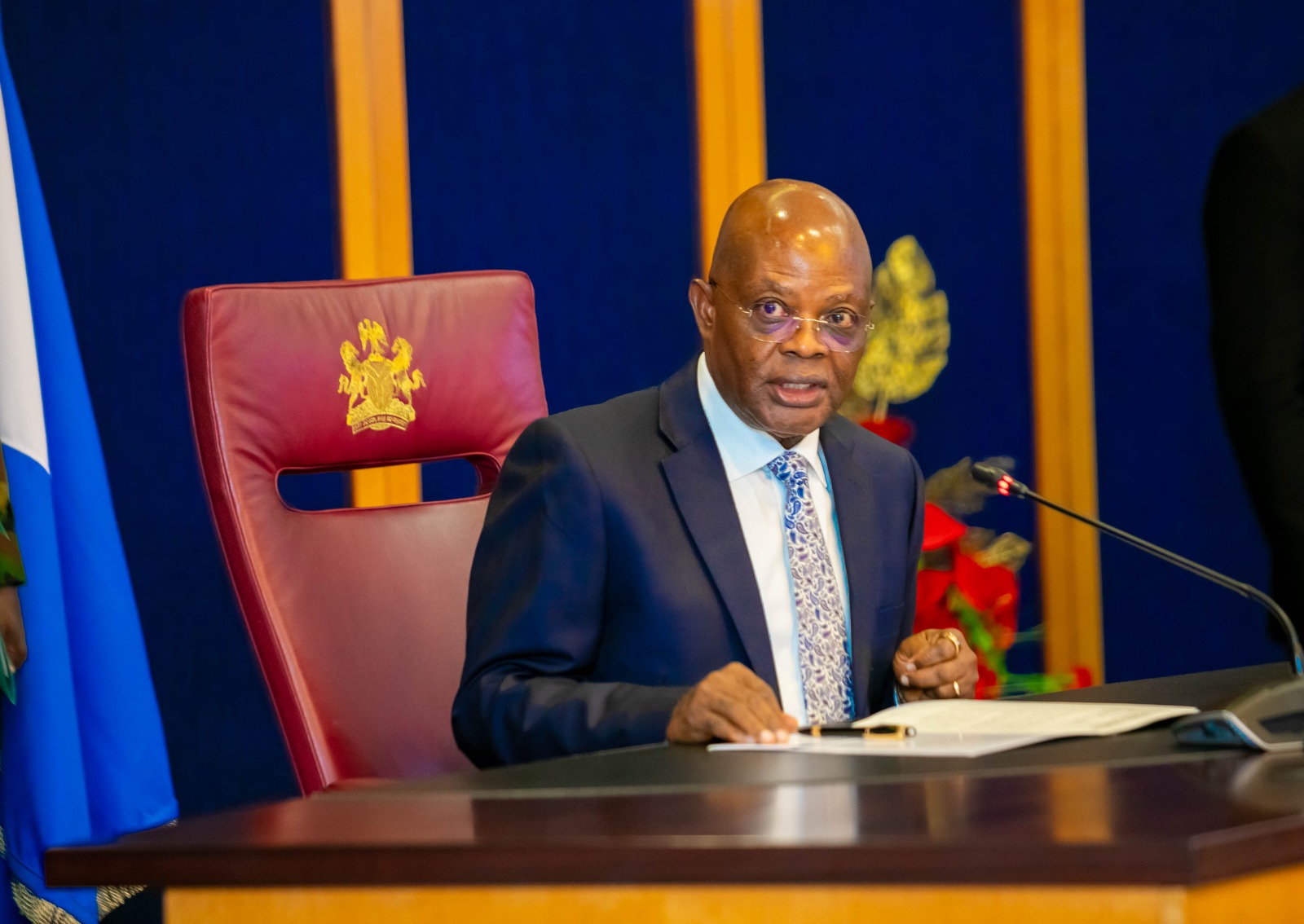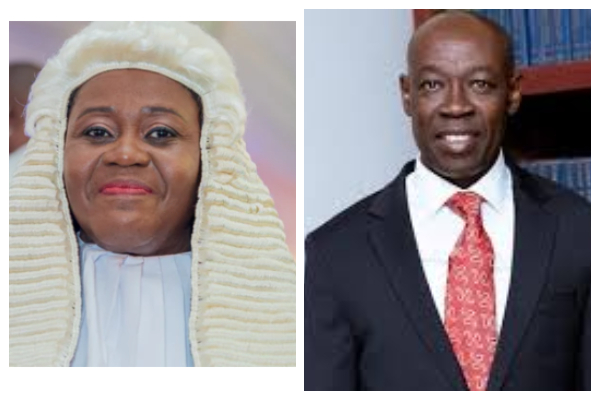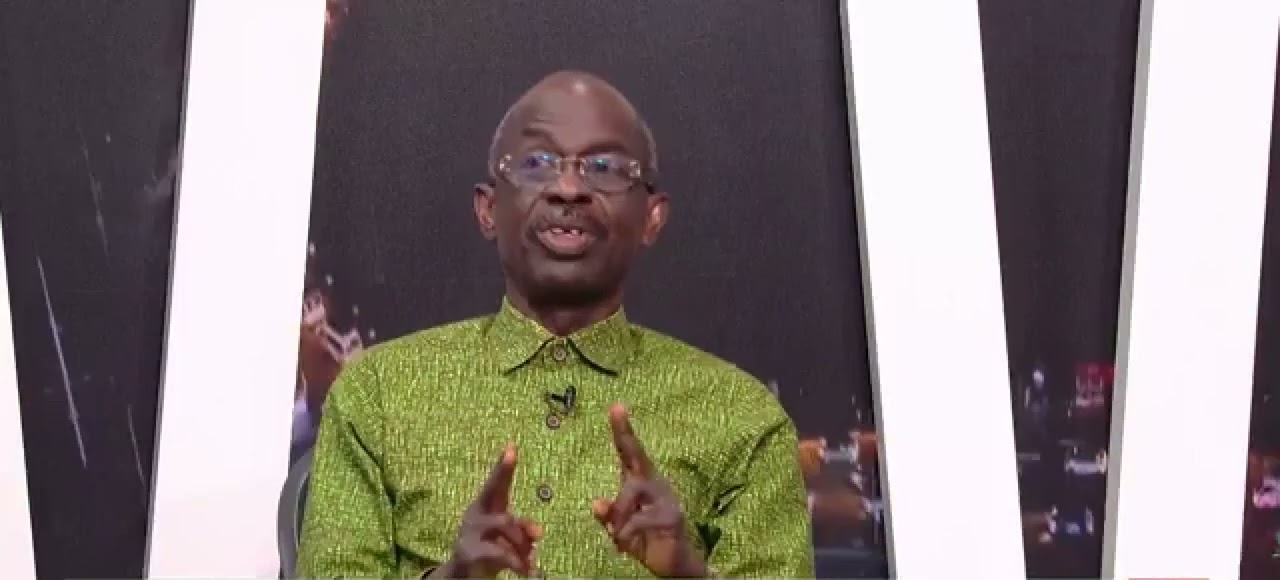Arizona House Passes HB2324 Bitcoin and Digital Assets Reserve, Waiting Governor Hobbs Signature

The passed House Bill 2324 (HB2324) on June 24, 2025, with a 34-22 vote, following a 16-14 Senate vote on June 19. The bill establishes a state-managed Bitcoin and Digital Assets Reserve Fund for cryptocurrencies seized through criminal forfeiture. It updates Arizona’s forfeiture laws to include digital assets, setting rules for secure seizure and storage using approved digital wallets. The first $300,000 of seized assets goes to the Attorney General’s office, with the remainder split: 50% to the Attorney General, 25% to the state’s general fund, and 25% to the reserve fund.
If signed by Governor , HB2324 will be Arizona’s second Bitcoin reserve law, following HB2749, which created a fund for unclaimed digital assets. Unlike previous bills (SB1373 and SB1025), which Hobbs vetoed due to concerns over speculative investments, HB2324 avoids direct state investment by focusing on forfeited assets, potentially increasing its chances of approval. The bill now awaits the governor’s signature, with no public comment from her yet. If enacted, it could position Arizona as a leader in state-level crypto governance, following New Hampshire and alongside Texas.
HB2324 positions Arizona as a forward-thinking state in cryptocurrency governance by creating a legal framework for managing seized digital assets. This could attract blockchain businesses, startups, and investors, boosting the state’s tech economy. By establishing a Bitcoin and Digital Assets Reserve Fund, Arizona could accumulate significant crypto holdings over time, potentially benefiting from long-term price appreciation.
Register for Tekedia Mini-MBA edition 17 (June 9 – Sept 6, 2025) today for early bird discounts. Do annual for access to Blucera.com.
Tekedia AI in Business Masterclass opens registrations.
Join Tekedia Capital Syndicate and co-invest in great global startups.
Register to become a better CEO or Director with Tekedia CEO & Director Program.
If signed into law, would join states like New Hampshire and Texas in recognizing digital assets at a state level. This could inspire other states to adopt similar measures, normalizing crypto reserves as part of state financial strategies. The bill’s focus on forfeited assets sidesteps the speculative investment concerns that led to vetoes of prior bills, offering a model for other states to follow without risking public funds.
The bill modernizes Arizona’s forfeiture laws to include digital assets, ensuring law enforcement can securely seize and store cryptocurrencies using approved digital wallets. This could enhance the state’s ability to combat crypto-related crimes. The allocation of seized assets (50% to the Attorney General, 25% to the general fund, 25% to the reserve fund) provides a balanced approach to funding state operations while building a crypto reserve.
Arizona’s move signals confidence in the longevity and value of digital assets, potentially encouraging broader adoption among businesses and individuals. However, the bill’s success hinges on Governor Katie Hobbs’ approval. Her previous vetoes of crypto-related bills (SB1373 and SB1025) suggest caution, but HB2324’s narrower scope might align better with her stance.
Volatility in crypto markets could affect the reserve fund’s value, though the bill mitigates this by not requiring direct state purchases. Secure storage of digital assets poses technical challenges, requiring robust cybersecurity measures to prevent hacks or losses. If vetoed, it could dampen Arizona’s crypto momentum and reinforce perceptions of regulatory uncertainty.
Republican lawmakers, who dominate Arizona’s legislature, largely back crypto-friendly policies, viewing HB2324 as a way to innovate and diversify state assets. The 34-22 House vote and 16-14 Senate vote suggest strong GOP support but limited bipartisan backing. Democrats, including Governor Hobbs (based on past vetoes), express concerns about crypto’s volatility, regulatory gaps, and environmental impact (e.g., Bitcoin mining’s energy use). Some see state involvement in crypto as premature or risky.
Hobbs’ decision will be pivotal. Her vetoes of SB1373 and SB1025 cited speculative risks and lack of oversight, but HB2324’s focus on seized assets might sway her, though skepticism remains. On , crypto enthusiasts and libertarian-leaning users celebrate HB2324 as a step toward financial freedom and state-level adoption, with some that Arizona could become a “Bitcoin stronghold.” They argue it protects against fiat currency inflation.
Some X users and environmental groups question the wisdom behind prioritizing crypto over pressing issues like water scarcity or education funding, or express concerns about crypto’s association with illicit activities. Others worry about the state’s ability to manage volatile assets securely. Sentiment on X appears polarized, with pro-crypto voices louder but not necessarily representative of broader Arizona voters.
Urban areas like , with tech hubs and younger demographics, are more receptive to crypto innovation. Rural areas may see less immediate benefit and prioritize traditional industries, creating a geographic economic split. States like Arizona, Texas, and New Hampshire are embracing crypto to compete globally, while others (e.g., New York, California) impose stricter regulations, reflecting a divide in economic visions—decentralized vs. centralized control.
Supporters view crypto reserves as a hedge against federal monetary policies and a nod to individual sovereignty. They align with libertarian and anti-establishment ideologies. Critics advocate for stronger oversight, citing consumer protection, financial stability, and environmental concerns. They align with progressive or traditional financial systems.
HB2324’s passage underscores Arizona’s ambition to lead in crypto governance, with potential economic benefits but also risks tied to market volatility and political approval. The divide—political, public, economic, and ideological—mirrors national debates over cryptocurrency’s role in society. If signed into law, the bill could bridge some gaps by demonstrating a practical, low-risk approach to state crypto adoption. If vetoed, it may deepen the divide, reinforcing Arizona’s cautious stance on digital assets. The governor’s decision, expected soon, will be a critical turning point.











